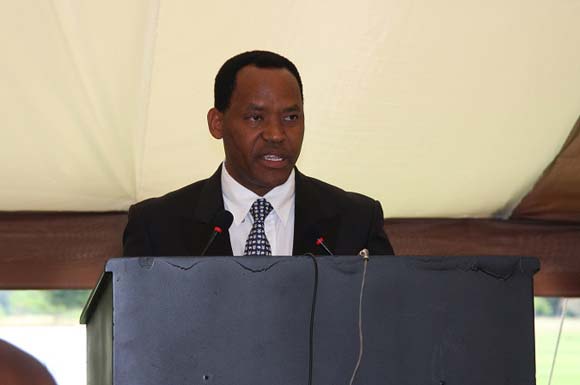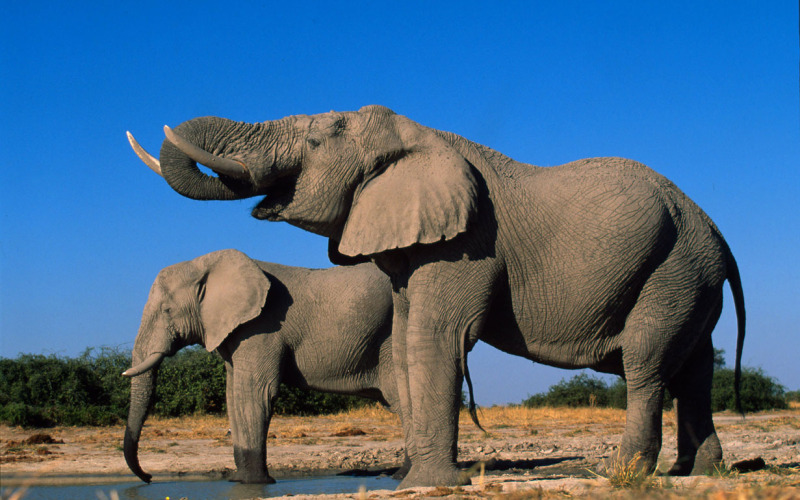An “elephant disaster” is unfolding in Tanzania, where poachers on the hunt for ivory have nearly eradicated the species.
The government counted just 43,330 elephants roaming Tanzania in 2014, according to new data released this week. That’s down from 109,051 in 2009. In just five years, elephants there have been cut down by 60 per cent. In some regions, the situation is even more dire. In the Ruaha-Rungwa ecosystem, just 8,272 elephants were counted last year, down 76 per cent compared to 34,664 counted by aerial survey in 2009.
And, the government concedes, the illegal wildlife trade is largely to blame. Steven Broad, executive director of TRAFFIC, a non-profit organization which monitors the wildlife trade, called it poaching on “an industrialized scale.”
“Tanzania has been haemorrhaging ivory with Ruaha-Rungwa the apparent epicentre and nobody seems to have raised the alarm; it is clearly essential that the government establish exactly how this has been allowed to take place, while taking urgent and incisive action to bring the situation under control,”he said in a statement.
TRAFFIC has previously sounded the alarm over ivory smuggling via Tanzania’s Indian Ocean ports as the main exit points for “vast quantities of ivory.” At least 45 tonnes of ivory, the group says, has wound up in Asian markets by way of Tanzania. And, that’s more ivory than has come from any other African country over the last five years.

The Environmental Investigation Agency has previously blamed corruption in Tanzania to Chinese organized crime feeding the demand for ivory in Asia.

Indeed, the WWF calls the figures “shocking” and also blames the government for letting the situation gain steam.
“The slaughter of thousands of elephants in Ruaha–Rungwa clearly points to the involvement of international organized crime, which is compounded by corruption and weak enforcement capacity in Tanzania – and to the urgent need to scale up efforts to tackle the poaching epidemic before the area’s remaining elephant herds are destroyed,” Elisabeth McLellan, WWF’s head of its wildlife crime initiative, said in a statement.
Lazaro Nyalandu, Tanzanian Minister for Natural Resources and Tourism, promised to recruitment 500 rangers this year in addition to the 500 extra hired last year to protect the animals from poachers. He also pledged better co-operation with neighbouring Zambia to discourage hunters. Under pressure from the international community, Tanzania previously said it would work on an ivory trade action plan to beef up protection and prosecutions.

“While the measures announced this week by the Tanzania government are welcome, there is a real risk that it could be a case of too little too late for some elephant populations,” Broad added.
Tanzania may be the epicentre of the poaching crisis, but other African nations are also feeling the pinch. Half of Mozambique’s elephants have also succumb to poachers in recent years, according to its latest survey. Elephants, however, are rebounding in Uganda, new figures show.
Main photo Martin Harvey/WWF




